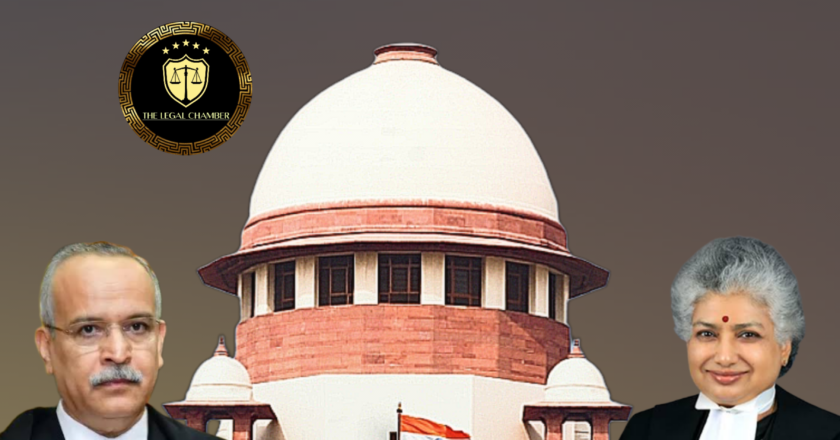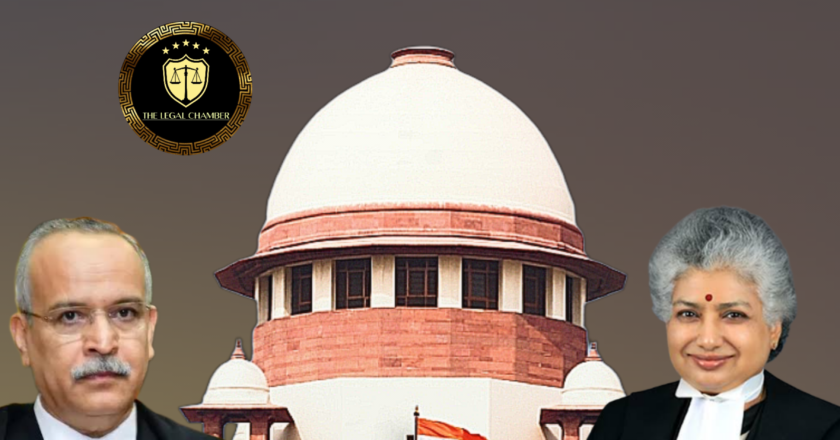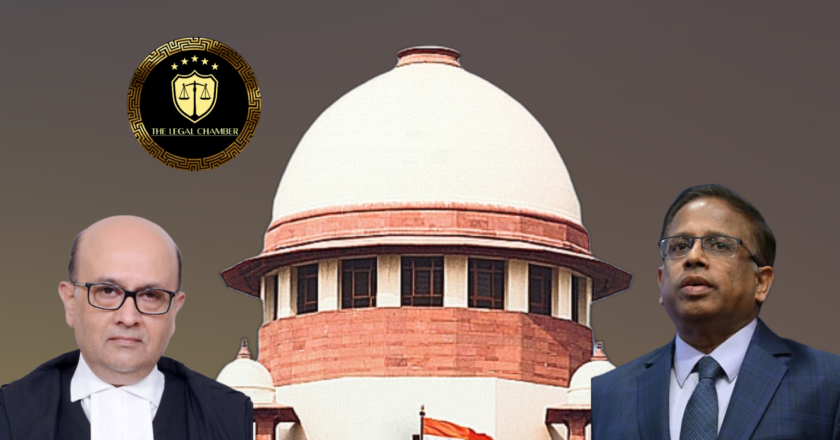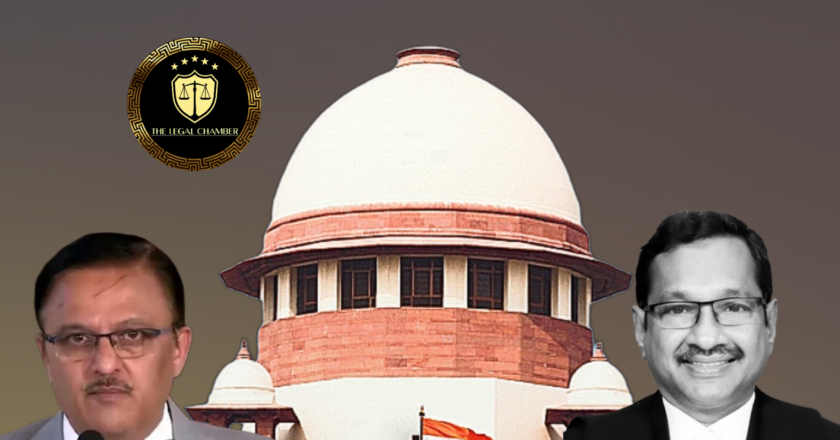Accidental Death or Murder? Supreme Court’s Landmark Ruling in the Medical Student Case
The Supreme Court partially set aside the appellant's conviction under Section 302 IPC and Section 5 read with 25(1)(a) of the Arms Act, acquitting him of these charges. The Court found the circumstantial evidence inconsistent with a murder conviction, noting a reasonable possibility of accidental death supported by medical evidence and bullet trajectory. His conviction under Section 201 IPC (disappearance of evidence) was sustained, and he was sentenced to the period already undergone. The judgment emphasized that mere suspicion, or an accused's inability to explain circumstances, cannot substitute for the prosecution proving its case beyond reasonable doubt, especially when a probable counter-view exists.
Facts Of The Case:
Vaibhav and Mangesh, first-year homeopathy medical college s...



